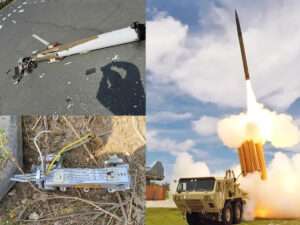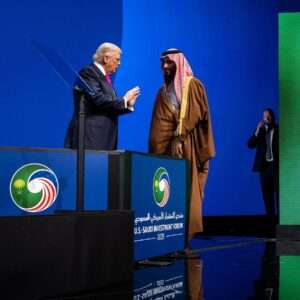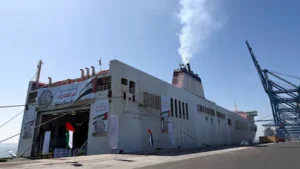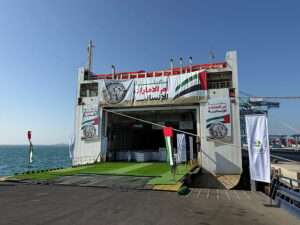By Lawson Kasshanna
I feel like we are living through a historical moment, and this means that a new Middle East could be formed through changing borders. No matter how hard we try to beautify the image of the Middle East, religion remains the starting point. Even Israel starts by searching for a way to preserve the Jews. Therefore, as a Lebanese Christian, I start my thinking through my continued existence as a society.
The suffering of Christians is undeniable. The Cairo Agreement was imposed on Lebanon, which allowed the Palestine Liberation Organization to use the land of the south against Israel. Then Lebanon began to lose its sovereignty, and the Sunni Islamic sect reached the point of considering the PLO its army, while the Lebanese army belonged to the Christians. The Shiite sect has allied itself with Syria and Iran and considers Hezbollah its army. Christians, however, have no external alliances, as their connection to Lebanon is deeply rooted.
Strategic Christian mistakes in modern history are many. Their insistence on gaining independence from France—if Lebanon had remained under French guardianship, we would have been the most beautiful country in the world. Another mistake was their outbidding of Muslims by receiving the Palestinians in 1948 and showing them compassion. Then came the signing of the Cairo Agreement out of fear of civil war, which ironically led to the loss of sovereignty and the civil war. Later, Bashir Gemayel adopted the slogan “10452 km” when he was at the height of his power, whereas it would have been better to focus on the future of Christians rather than risk their disappearance by not building an independent entity for themselves. Lastly, Michel Aoun’s alliance with Hezbollah—when it was the most popular party—secured political cover for their weapons, which ended up controlling all of Lebanon’s resources.
After all this, I see that Christians and Israel have a common interest in the event of a geographical change. Some may find my ideas unrealistic, but I believe it is possible to implement this dream. In such a scenario, Israel’s priority will be its security. To secure that, a peaceful people—who believe in peace and normalization, and who hold no grudge against Israel—must live near it. As a Christian, I feel reassured that we can understand, even ally with Israel, and benefit from its energy, innovation, and stability. It is in Israel’s interest to have peaceful neighbors, free from vile ideologies, at its borders.
Every time the south and the Dahiyeh are bombed, people flee to safer places or to Iraq and Syria. If Israel bombed the Shiite areas, threatened all those who shelter Hezbollah, carried out those threats, and then prevented their return, it would secure a comfortable depth of peace and safety for itself—for eternity.
Alongside that, a new state could emerge, whose borders extend to Tripoli in northern Lebanon. In this state, power would be in the hands of peaceful Christians—people who do not hate Israel but rather seek stability and peace. Palestinians currently in Ain al-Hilweh and other camps in the south could be relocated to new camps in Akkar, similar to how the al-Bared camp was created. Eventually, Tripoli, Dinniyeh, and Akkar would be integrated into Syria.
Maybe I’m dreaming. Maybe I’m not. But my vision aligns with Israel’s strategic interest: it ensures lasting stability and freedom for Christians while giving Israel a peaceful, allied depth.















